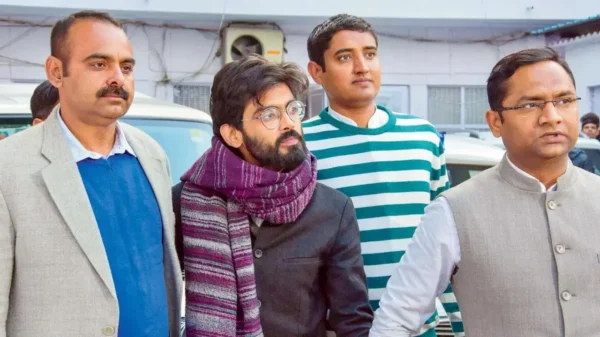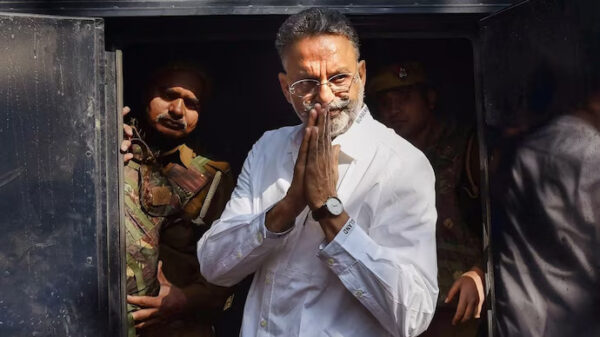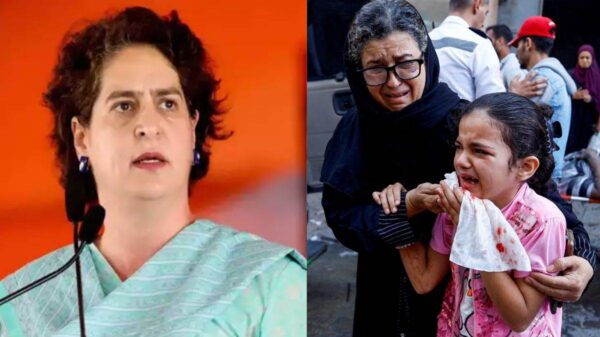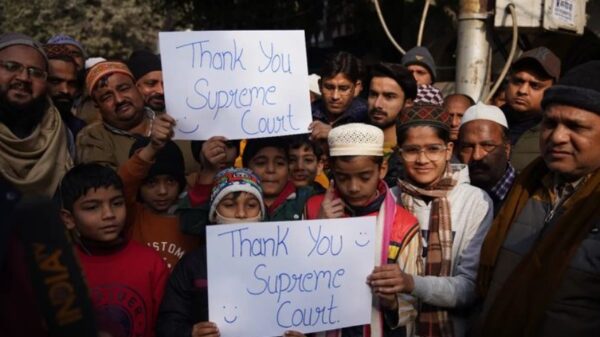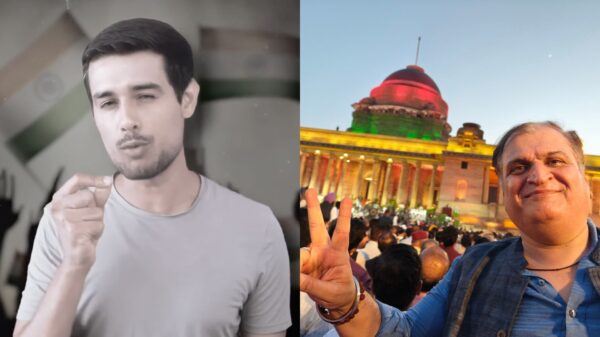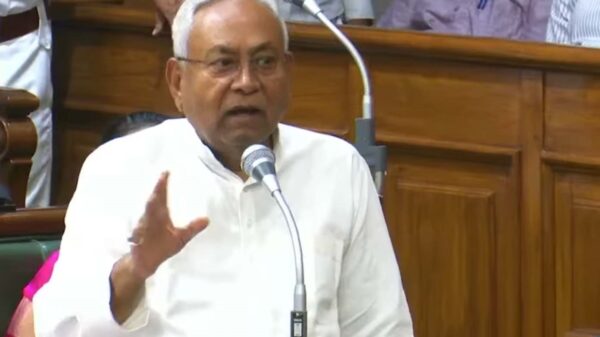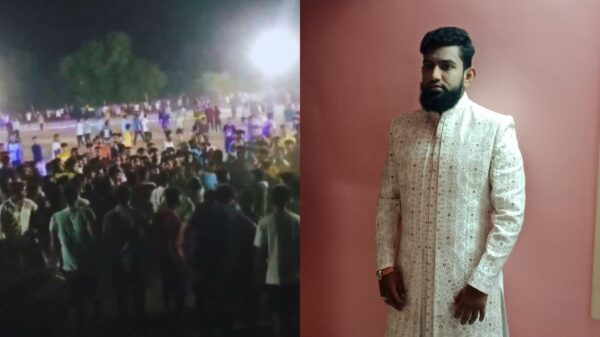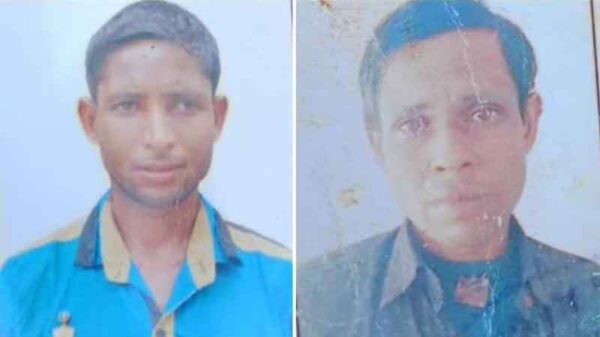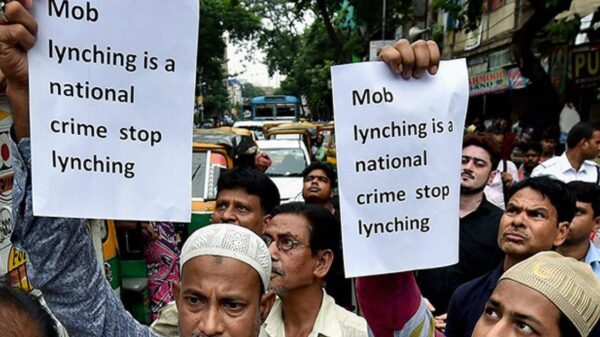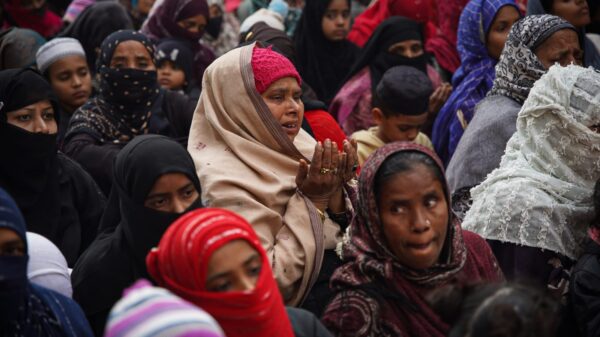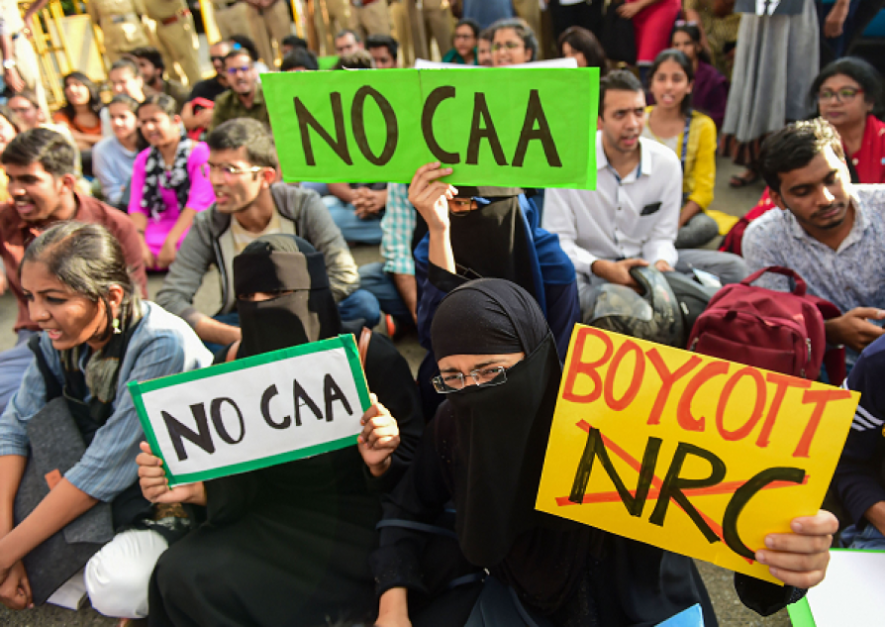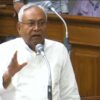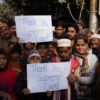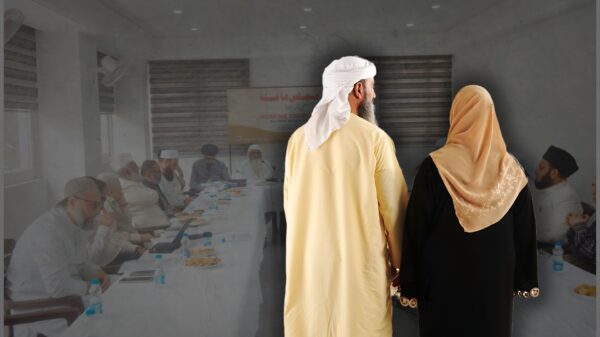The Central government officially announced the implementation rules for the Citizenship (Amendment) Act, 2019 (CAA) on Monday. This move comes several weeks following Union Home Minister Amit Shah’s declaration that the law, enacted in 2019, would be implemented before the Lok Sabha elections. Passed by Parliament on December 11, 2019, the CAA was officially notified on December 12 of the same year.
What is the Citizenship Amendment Act?
The CAA amends the Citizenship Act of 1955 to provide a path to Indian citizenship for Hindus, Sikhs, Christians, Buddhists, Jains, and Parsis who migrated from neighbouring Muslim-majority countries such as Pakistan, Bangladesh, and Afghanistan, before December 31, 2014.
The implementation of the CAA was promised by the ruling Bharatiya Janata Party in its previous election manifesto, but the rules had not been notified.
“Under the 2019 amendment of the act, migrants who entered India until December 31, 2014, and had suffered “religious persecution or fear of religious persecution” in their country of origin would be made eligible for immediate citizenship”.
The 2019 amendment to the CAA further relaxed the residence requirement for the naturalization of these migrants from twelve years to just six. The Intelligence Bureau report on the CAA said that there will be over 30,000 immediate beneficiaries from the act, as the rules are outlined.
According to the annual report of the Ministry of Home Affairs for 2021-22, from April 1, 2021, to December 31, 2021, a total of 1,414 foreigners belonging to these non-Muslim minority communities from Pakistan, Bangladesh, and Afghanistan were given Indian citizenship by registration or naturalization under the Citizenship Act, 1955.
Anti-CAA protests
From December 2019 to February 2020, the country experienced a wave of anti-CAA protests, which resulted in the Northeast Delhi riots. During the riots, 53 lives were lost, several homes and shops were set on fire, and numerous people were reported missing. On March 3, 2020, the UN High Commission filed an intervention application in the Supreme Court following the violence.
Who will be affected by the CAA?
Muslim groups express concerns that the law, along with a proposed national register of citizens, could lead to discrimination against India’s 200 million Muslims, who constitute the world’s third-largest Muslim population. They fear that the government may strip the citizenship of Muslims residing in border states if they lack proper documents.
The government refutes allegations of targeting Muslims and states that the law is necessary to assist minorities facing persecution in countries like Pakistan, Afghanistan and Bangladesh.
How will citizenship be granted under the CAA?
The Ministry of Home Affairs has established an online portal for the convenience of applicants. The entire process will be conducted online, and applicants will only have to declare when they entered India without proper travel documents. No additional documents will be required from the applicants.
Why are only these three countries included?
The CAA aims to address religious persecution in neighbouring countries where a specific state religion is recognized by their respective constitutions. Individuals belonging to other religions have faced persecution in these three countries, as per the government’s claim.
What is the NRC?
The National Register of Citizens (NRC) was established in 1951 and serves as a comprehensive database containing the identities of Indian citizens. It is managed by deputy commissioners and sub-divisional officers and holds significant importance. Currently, efforts are being made to update the 1951 NRC, particularly in Assam, where illegal immigration is reported a major challenge.

